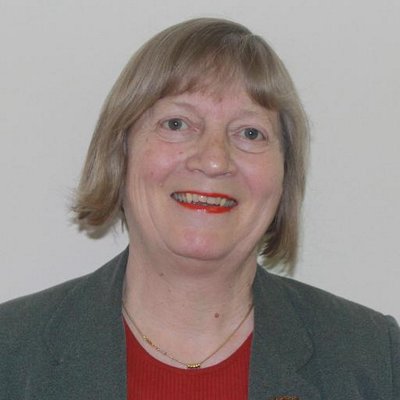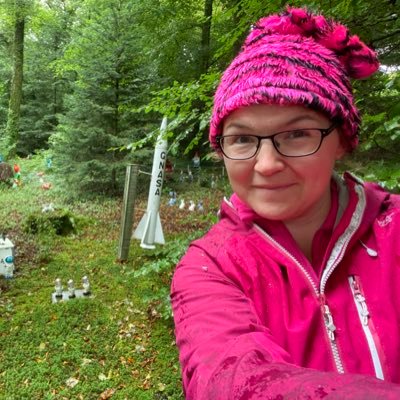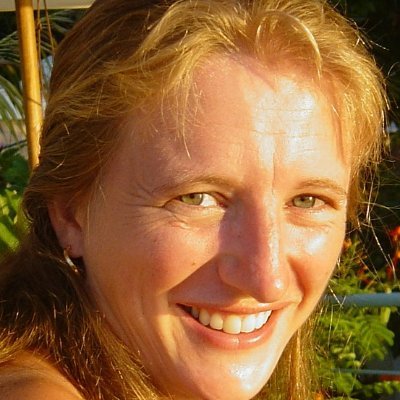The session delves into the transformative potential of AI in creating a more dynamic and responsive educational environment. The session focuses on practical applications and tangible outcomes for educators, including sharing ideas & strategies from practising teachers and providing valuable insights and practical takeaways for the delegates.
In traditional classrooms, responsiveness to student needs is paramount. Traditional teaching methods, while effective in many respects, often struggle to address the diverse and evolving requirements of individual students. AI technologies offer innovative solutions to bridge this gap, enabling educators to tailor their approaches to better meet the needs of each learner.
Delegates in this exploration of AI technologies for responsive teaching will gain:
1. Understanding of AI Applications: A comprehensive understanding of how AI technologies can be applied to create more responsive and effective teaching environments.
2. Practical Implementation Strategies: Strategies for integrating AI tools into their teaching practices to personalise learning and enhance student engagement.
3. Insight into Data Utilisation: Knowledge of how to leverage data-driven insights to inform instructional decisions and improve student outcomes.
The proposed structure of the talk is detailed below:
>Overview of the Topic - Explain the importance of responsive teaching and the role of AI in education
>Understanding AI Technologies in Education
*What is AI?
Define AI and provide examples relevant to education.
*Key AI Technologies Used in Education:
Machine Learning
Natural Language Processing
Intelligent Tutoring Systems
Data Analytics
Provide real-world examples and case studies
>Benefits of AI for Responsive Teaching
*Personalised Learning Experiences - Discuss how AI can tailor educational content to individual students.
*Real-Time Feedback and Assessment- Explain the benefits of immediate feedback and adaptive assessments.
*Enhanced Student Engagement - Explore AI tools that make learning more engaging.
*Efficient Classroom Management- Describe how AI can automate administrative tasks and support classroom management.
>Practical Implementation Strategies
*Integrating AI into Teaching Practices- Step-by-step guide on incorporating AI tools in the classroom.
*Case Studies and Success Stories - Share specific examples of schools & teachers successfully using AI for responsive teaching.
>Challenges and Considerations
*Technical and Ethical Challenges - Discuss potential challenges such as data privacy, bias in AI, and technical barriers.
*Future Trends and Developments -Highlight emerging trends and the future of AI in education.
>Q&A and Interactive Discussion
>Conclusion- Summary of Key Points /Recap the main takeaways from the talk.
*Call to Action
*Encourage delegates to explore and experiment with AI tools in their teaching practices.
This session is sponsored by
sAInaptic - proud to be part of the ASE 2025 Annual Conference.




